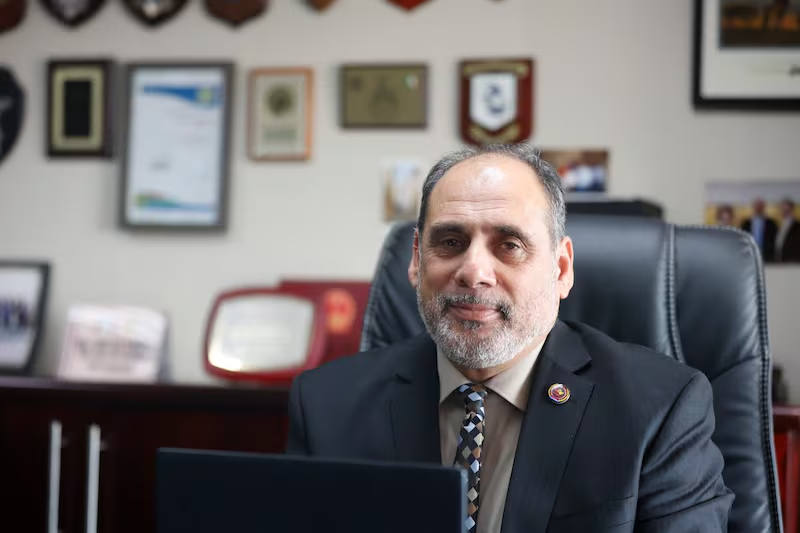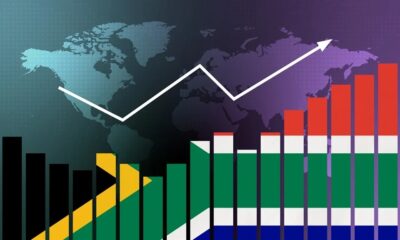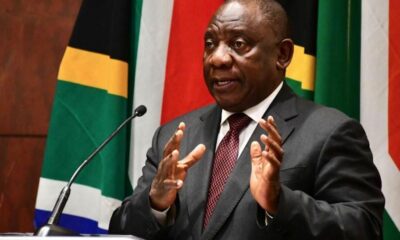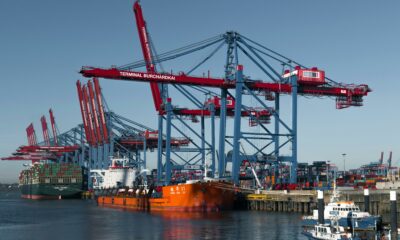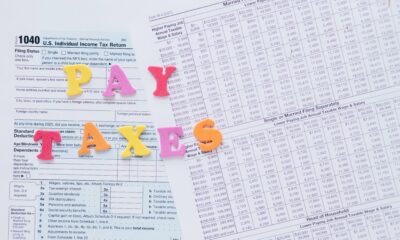News
South Africa’s Counterfeit Alcohol Crisis Spirals: Calls for Tougher Crackdown on Illicit Trade
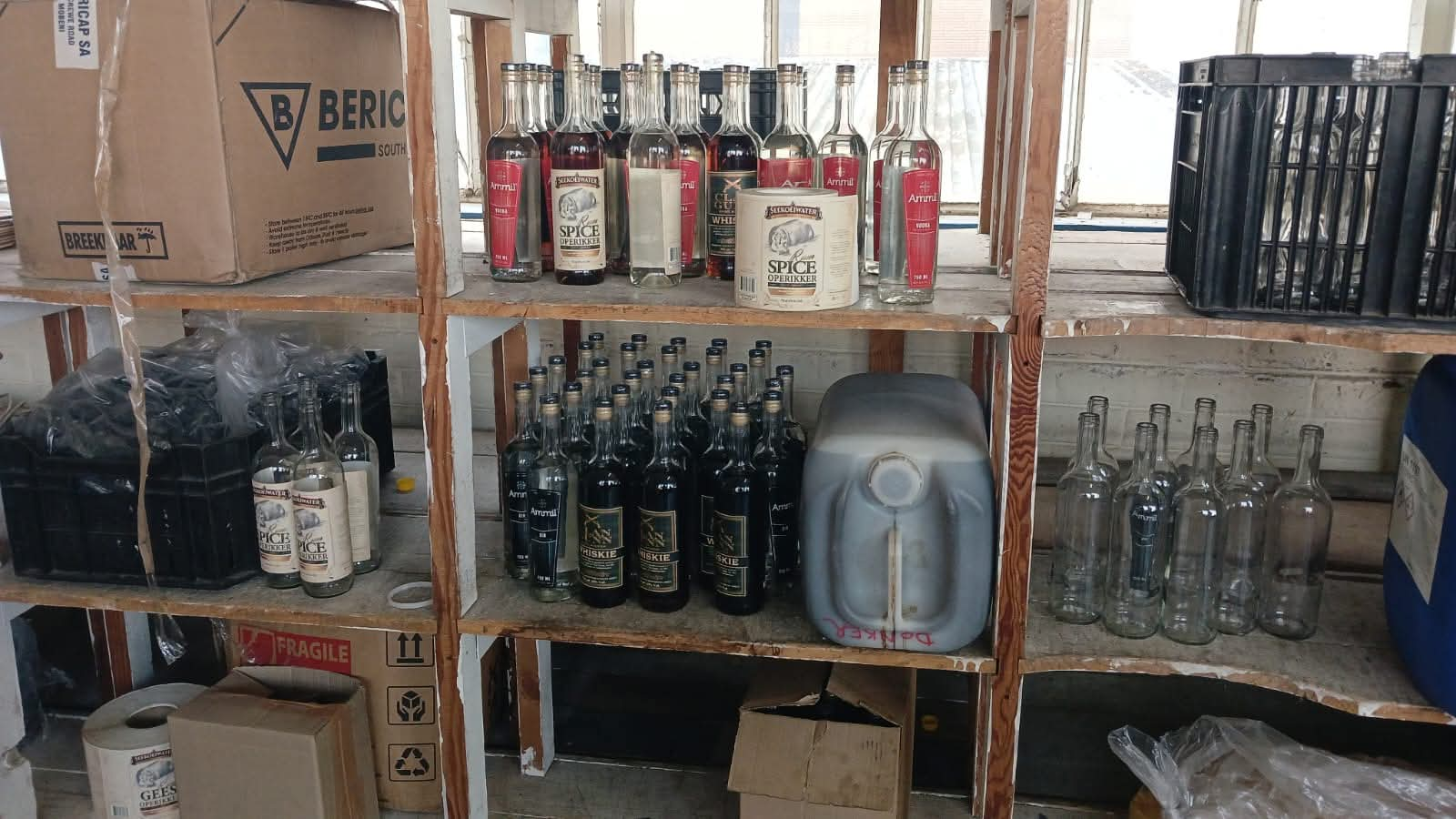
A Bitter Brew: South Africa’s Fight Against Counterfeit Alcohol
In towns and cities across South Africa, a shadowy underworld of counterfeit alcohol is growing at an alarming rate and with it, a mounting crisis that threatens both public health and the country’s economy. The Drinks Federation of South Africa recently revealed that illegal alcohol volumes have surged by 55% since 2017, with counterfeit booze totaling an eye-watering 773,000 hectolitres in 2024 alone.
Raids and Arrests Spotlight the Growing Menace
Last week’s dramatic police raid in Jeppestown, Johannesburg, brought the crisis into sharp focus. Gauteng police shut down an illegal distillery pumping out fake whiskey, vodka, and gin, complete with counterfeit labels and packaging worth over R3.5 million. Six suspects were arrested, including a man who tried to pass off a liquor license from a different province. Similar operations in Bloemfontein netted counterfeit goods valued at over R19 million, while in Durban’s Mariannhill area, a 31-year-old was arrested for running a counterfeit vodka operation from his home.
These busts highlight the scale of organised crime thriving off illicit alcohol production, a trade that’s increasingly sophisticated, moving beyond small-time scams to well-organised syndicates undermining South Africa’s liquor industry and public safety.
Economic and Social Fallout
Anti-crime activist Yusuf Abramjee paints a grim picture. SARS estimates the illegal alcohol market drains over R11 billion annually in lost excise tax revenue funds that could have helped build schools, hospitals, and housing. But the impact goes beyond economics. Illicit alcohol is unregulated, often containing dangerous, even fatal, substances. Communities bear the brunt through health crises and social problems linked to unsafe drinking products.
Abramjee blames weak law enforcement and porous borders for enabling the spread of counterfeit goods, a problem exacerbated by the chaos wrought by COVID-19 lockdowns and sales bans that unintentionally entrenched black-market networks.
Why Enforcement Must Step Up
The stark statistics tell a story of enforcement gaps: between 2016 and 2019, SARS seized only R26 million worth of illicit alcohol. Meanwhile, industry bodies estimate that one in every five bottles sold in South Africa is illicit, a figure even higher in the tobacco market.
The FF Plus, local activists, and industry stakeholders are calling for urgent reforms: stronger policing, improved border controls, and leveraging technology to track and verify legitimate products. Failure to act risks further economic losses, increased public health risks, and the empowerment of criminal networks profiting from the misery.
Fighting Fire with Strategy
South Africa’s counterfeit alcohol crisis is a wake-up call for coordinated action. It’s not just a problem of rogue actors but a symptom of deeper challenges: corruption, inadequate enforcement, and socio-economic vulnerabilities that criminals exploit. Combating this crisis demands not only more raids and arrests but also policies that bolster legal trade, protect consumers, and restore faith in the rule of law.
The stakes are high. For every bottle of counterfeit liquor, a piece of South Africa’s future, in health, safety, and economic stability, is at risk.
{Source: IOL}
Follow Joburg ETC on Facebook, Twitter , TikTok and Instagram
For more News in Johannesburg, visit joburgetc.com

